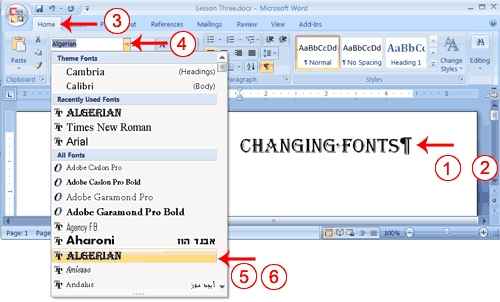
- #Increase font size texmacs driver#
- #Increase font size texmacs code#
- #Increase font size texmacs Pc#
- #Increase font size texmacs plus#
Well, for today’s blog it’s RadeonSI, the reference implementation of a Gallium driver.Īnd why is this, I can hear you all asking. It’s a screenshot of Portal 2 with the Gallium HUD activated and VSync disabled.
#Increase font size texmacs code#
But now Crocus with the latest Mesa code has added Gen8 support.
#Increase font size texmacs driver#
The i965 to Haswell span has been the focus since the official Intel “Iris” Gallium3D driver already in Mesa supports the Broadwell “Gen8″ up through all current Intel UHD/Xe Graphics.

Landing in mainline Mesa 21.2 development code last week was the “Crocus” Gallium3D driver for old Intel hardware spanning from the Intel 965 chipset days “Gen4″ up through Crocus supporting Haswell “Gen7″ graphics.

Crocus Gallium3D Adds Experimental Intel Gen8 Graphics, Overlapping With Iris Driver – Phoronix.While a basic design and catered for FPGA usage, it’s going to see 130nm chip fabrication this year if all goes well. Microwatt marks the first processor written from scratch using the open Power ISA 3.0 specification and serves as one of the organization’s reference designs. This open-source soft processor core complies with the Power ISA 3.0 instruction set and can be run on various FPGA hardware. Linux 5.14 To Support The OpenPOWER Microwatt Soft CPU Core – PhoronixĪnnounced two years ago was the OpenPOWER Microwatt as an FPGA-based soft CPU core.
#Increase font size texmacs plus#
Plus this open-source kernel driver continues to prepare for future Habana Labs hardware. Habana Labs driver continues to support their Gaudi accelerator for AI training workloads and Goya as their accelerator optimized for AI inference. Intel-owned Habana Labs has submitted their set of driver updates to char/misc ahead of the upcoming Linux 5.14 merge window.
#Increase font size texmacs Pc#
Emulate the Atari ST home computer with LinuxĮmulation is the practice of using a program (called an emulator) on a PC to mimic the behaviour of a home computer or a video game console, in order to play (usually retro) games on a computer.


 0 kommentar(er)
0 kommentar(er)
